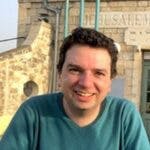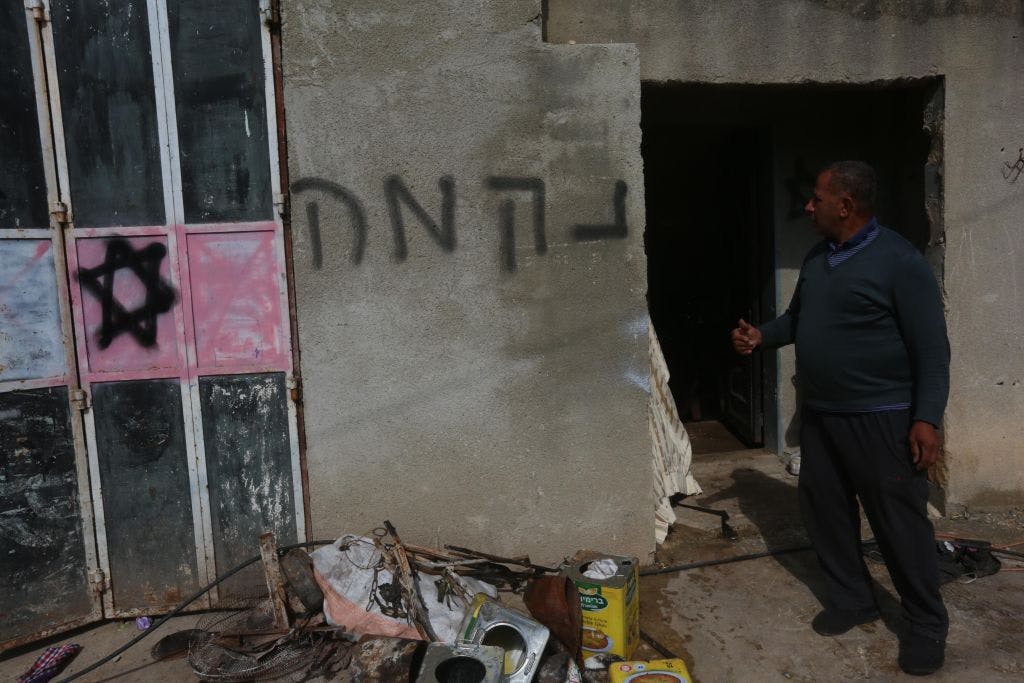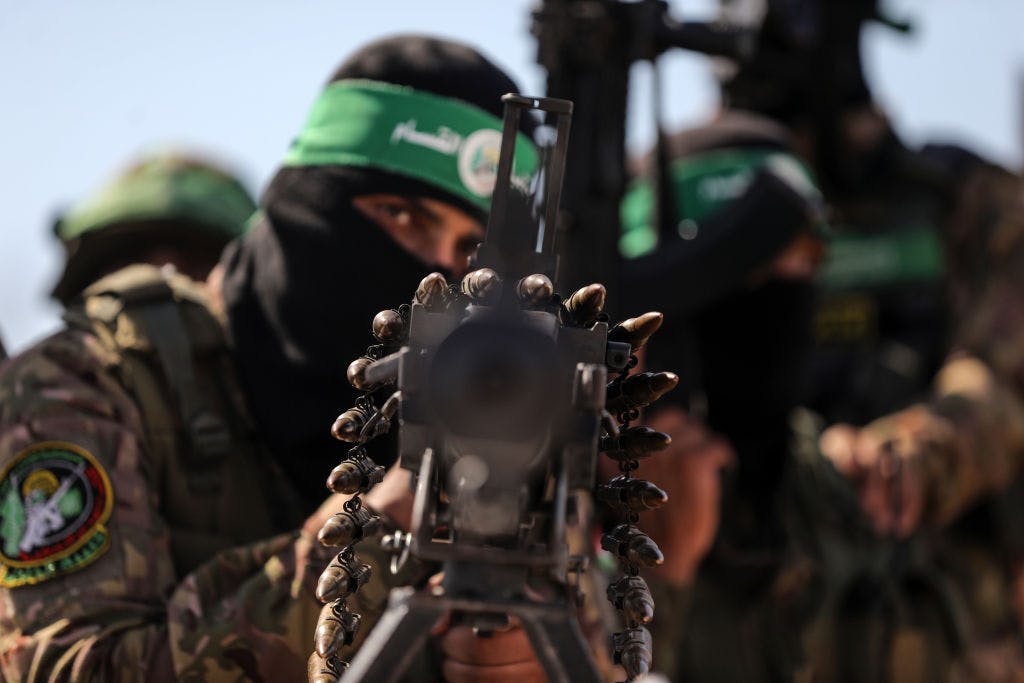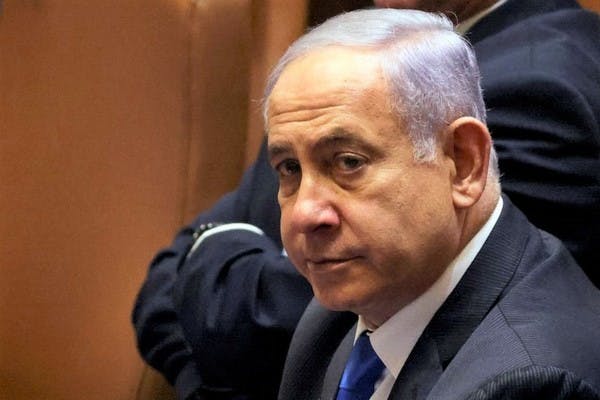Published: 22 August 2023
Last updated: 5 March 2024
Ahead of his address to the Zionist Federation plenary, RABBI DONNIEL HARTMAN talks to ITTAY FLESCHER about the future of liberal Zionism.
Leading liberal Zionist thinker Rabbi Donniel Hartman is visiting Australia at a time when the dominant expression of Zionism coming from the Knesset is anything but liberal.
The president of the Shalom Hartman Institute in Jerusalem is coming as a guest of the Zionist Federation of Australia and will be speaking to a range of audiences including students, Launchpad change-makers, educators and the general community.
In an interview with The Jewish Independent ahead of his first visit down under, Hartman defined himself as a "Liberal Modern-Orthodox Jew" who believes that the purpose of Judaism is to create moral human beings, facilitate meaning in life while accepting diversity, noting that “these are words of the living God”. In his view, liberal Judaism engages tradition with values of modernity, and sees all humans as being created in the image of God, endowed with inalienable rights and that we have obligations to others because “chosenness is a mission, not a reward”.
Since the election of the most right-wing government in the history of Israel, the dominant voices speaking on behalf of Judaism and Zionism in Israel have been those of ministers Ben Gvir, Smotrich, Goldknopf and Rothman, who all enthusiastically support the judicial overhaul and a future for Israel where Jews will have even more rights and privileges than their Arab neighbours than already exists today.
Hartman sees this as anathema to his Jewish and Zionist identity and believes the majority of Israelis, including religious Zionists, share his view. “From Jerusalem to Tel Aviv and Haifa, Tekoa to Gush Etzion, Efrat and Ra’anana, there are large communities who share the vision of Judaism as a liberal ideology that can bring people together rather than divide.”
He says that while half of the religious Zionists are no longer committed to human rights and democracy, the other half are not giving up the fight.
Hartman says a Diaspora relationship with Israel built on a response of “amen” or silence to the politics of the day will not survive.
His view is not reflected in how Israelis vote. The last election saw a majority supporting a very different coalition to that led by Naftali Bennett who also visited Australia and was warmly welcomed in the Jewish Community earlier this year. Hartman says the reason for this switch is that Israelis tend to put security and tribal identity before their liberal Jewish values.
But he believes the chaos unleashed by Netanyahu this year will reverse the trend. He is also sure that the next election in 2026 will see a very different Knesset than the one which governs today.
How should the Diaspora respond? Hartman says a relationship with Israel that is built on a response of “amen” or silence to the politics of the day will not survive in the long term because a healthy diaspora relationship must be built on an affinity between Israel and the Jewish values of an individual.
Regarding the argument by many of the Left make that Israel is not a democracy due to the occupation of the Palestinian people that collectively denies them voting rights freedom of movement, higher education and proper infrastructure development, Hartman acknowledges that while he still considers Israel a democracy, it is nevertheless a “flawed democracy”.
He does, however, believe that Israel has no choice other than to occupy another people due to the fact that Mahmoud Abbas has led the Palestinian Authority for 17 years but has not shown he is a partner for peace. He also notes that the 20% of Israelis who are Arab also don’t have equal rights, adding that if this and the issue of religious discrimination against non-Orthodox Jews are not addressed in the long run, Israel will move from being a flawed to a failed democracy. “My life’s work is to ensure that this does not happen.”
Hartman defends Shikma Bressler and the other protest leaders who have largely avoided making the fight against the occupation a central part of the struggle for Israeli democracy, saying that this was the right choice and also the choice taken by the Hartman Institute in its advocacy against the justice reforms. He says the logic behind this is that “nothing can be done” to end the human rights situation of the Palestinians without harming Israeli security, so this is a “non-winnable situation”.
Therefore, “ending the occupation is not a test for liberal Zionism” and the aim for those with progressive values in Israel should be to make the occupation “tolerable” under the model suggested by people such as Micah Goodman in his “shrinking the conflict” plan - but to also go further. For example, he says Israel should offer tax incentives for settlers to leave Palestinian land in Judea and Samaria, and consolidate those who choose to remain in the four main settlement blocs.
Hartman is more optimistic than ever about the future of liberal Zionism, saying the response of the liberal camp has to the current crisis has been astounding.
While he is pleased that anti-occupation protesters are on the periphery of most of the pro-democracy protests in Tel Aviv and Jerusalem every Saturday night, he explains that Israel still has too much PTSD around the Palestinian issue to take action on this major question.
Despite the current crisis, Hartman is more optimistic than ever about the future of liberal Zionism, saying the response of the liberal camp has been nothing short of astounding in the way that it has awakened them from their slumber to fight for their values, something which they may have taken for granted until now.
During his upcoming visit to Melbourne and Sydney, Hartman’s underlying message will be that supporting Israel means both “caring and pushing”, so that each individual can be a player, not just a spectator. He says of Australian Jews: “You are my partners, part of my people, and even though you live far away, don’t let the distance intimidate you. You belong to a 15 million-strong people who have rebuilt a national home that is one of the most exciting things to have happened in Jewish history. It’s a project in which you must participate in any way possible.”
RELATED STORY




